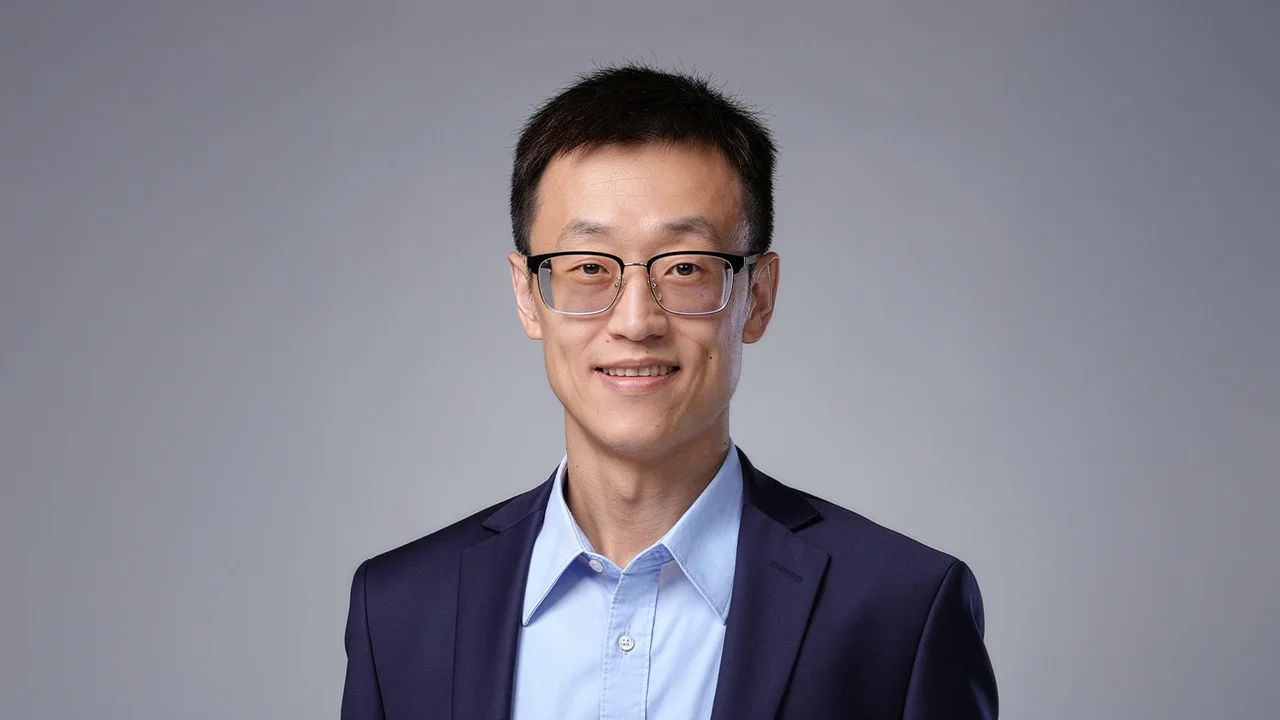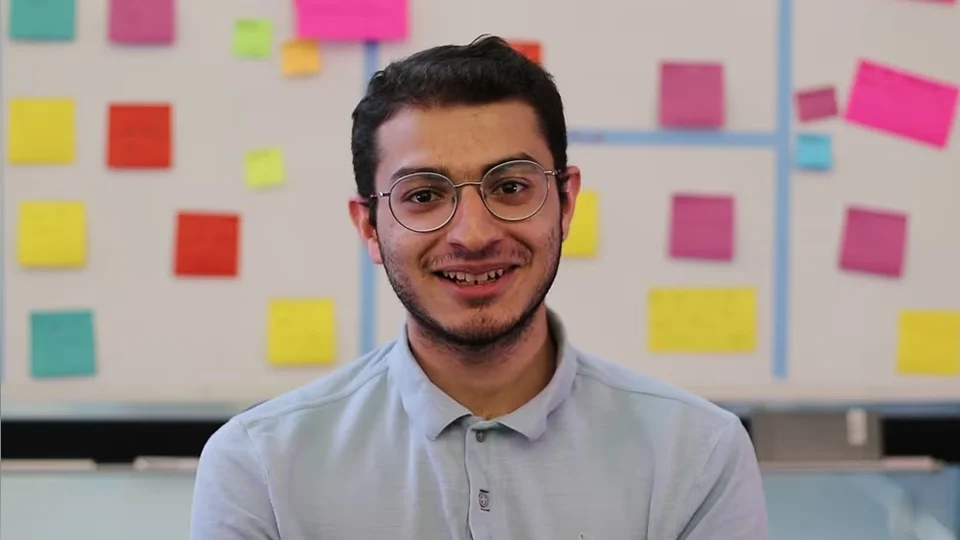
Xin Gao
- Professor, Computer Science
- Co-Chair, Center of Excellence for Smart Health
- Principal Investigator, Structural and Functional Bioinformatics
- Executive Committee Member, Center of Excellence for Generative AI
- Program Chair (former), Computer Science
Professor Gao is a world-leading expert in developing novel AI solutions for challenges in biology, biomedicine, and health and wellness, with a focus on AI-based drug development, large language models in biomedicine, biomedical imaging analysis, and omics-based disease detection and diagnostics.
Biography
Dr. Gao received his B.A. in Computer Science in 2004 from Tsinghua University, China, and his Ph.D. in Computer Science in 2009 from the David R. Cheriton School of Computer Science at the University of Waterloo, Canada. Before joining KAUST, he served as a Lane Fellow at the Lane Center for Computational Biology at Carnegie Mellon University, U.S., from 2009 to 2010.
He is the Associate Editor of numerous journals, including Bioinformatics, npj Artificial Intelligence, Journal of Translational Medicine, Genomics, Proteomics & Bioinformatics, Big Data Mining and Analytics, BMC Bioinformatics, Journal of Bioinformatics and Computational Biology, Quantitative Biology, Complex & Intelligent Systems, and the International Journal of Artificial Intelligence and Robotics Research.
Gao has co-authored more than 400 research articles in bioinformatics and AI and is the lead inventor on over 60 international patents.
Research Interests
Professor Gao's research interest lies at the intersection between AI and biology/health. His research focuses on building novel computational models, developing principled AI techniques, and designing efficient and effective algorithms. He is particularly interested in solving key open problems in biology, biomedicine, health and wellness.
In the field of computer science, he is interested in developing machine learning theories and methodologies related to large language models, deep learning, probabilistic graphical models, kernel methods and matrix factorization. In the field of bioinformatics, he works on developing AI solutions to key open problems along the path from biological sequence analysis, to 3-D structure determination, to function annotation, to understanding and controlling molecular behaviors in complex biological networks, and to biomedicine and health care. He is a world-leading expert on developing novel AI solutions for challenges in biology, biomedicine, health and wellness, in particular AI-based drug development, large language models in biomedicine, biomedical imaging analysis, and omics-based disease detection and diagnostics.
Professional Profile
Awards and Distinctions
- Professional member, Association for Computing Machinery (ACM), 2024
- Member, Institute of Electrical and Electronics Engineers (IEEE), 2024
- Member, American Association for the Advancement of Science (AAAS), 2024
- Member, Association for the Advancement of Artificial Intelligence (AAAI), 2024
- Member, International Society for Computational Biology (ISCB), 2024
- Member, Life Science Society (LSS), 2024
- Member, American Chemical Society (ACS), 2024
- Member, Synthetic Biology Open Language (SBOL), 2024
Professional Memberships
- Associate Editor, Genomics, Proteomics & Bioinformatics, 2024
- Associate Editor, BMC Bioinformatics, 2024
- Associate Editor, Quantitative Biology, 2024
- Associate Editor, IEEE/ACM Transactions on Computational Biology and Bioinformatics, 2024
- Guest Editor-in-Chief for Special Issues of BIOKDD2017 and BIOKDD2018, IEEE/ACM Transactions on Computational Biology and Bioinformatics, 2024
- Guest Editor-in-Chief for Special Issue of “Deep Learning in Bioinformatics”, Methods (Elsevier), 2024
- Guest Editor-in-Chief for Special Issue of "AI in Biological and Biomedical Imaging", Frontiers in Molecular Bioscience, 2024
Education
- Doctor of Philosophy (Ph.D.)
- Computer Science, University of Waterloo, Canada, 2009
- Bachelor of Science (B.S.)
- Computer Science, Tsinghua University, China, 2004
Related Media
Quote
We work on the intersection between computer science and biology. In the computational side, we develop theories and methods in the field of machine learning, algorithms, and optimization. In the biological side, we develop novel methods to tackle a wide range of open problems, from sequence analysis, to 3D structure determination, to function annotation, to biological networks, and to healthcare.
Questions and Answers
Why KAUST?
KAUST offers us, computational biologists, a unique platform to have an equal dialogue to collaborate with biologists. At KAUST, you can work on both curiosity-driven research and mission-driven research.
Why computational bioscience?
The massive amount and complex nature of biological and clinical data generated by high-throughput technologies have posed numerous challenges and opportunities to computational scientists. I believe to overcome the challenges, we have to combine both the experimental and the computational expertise.
